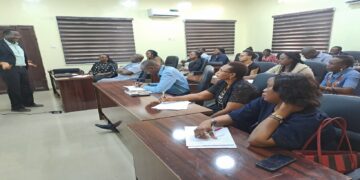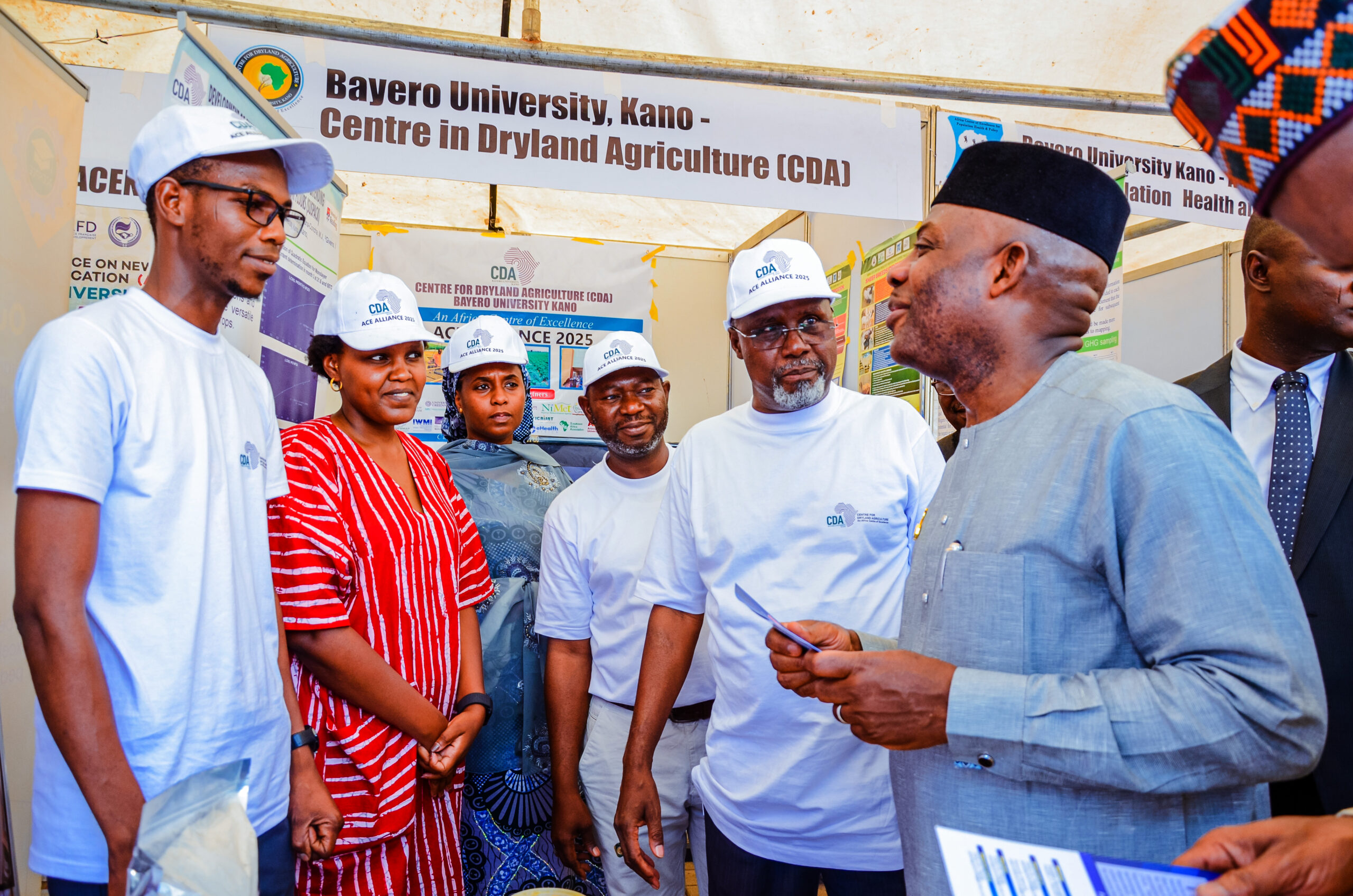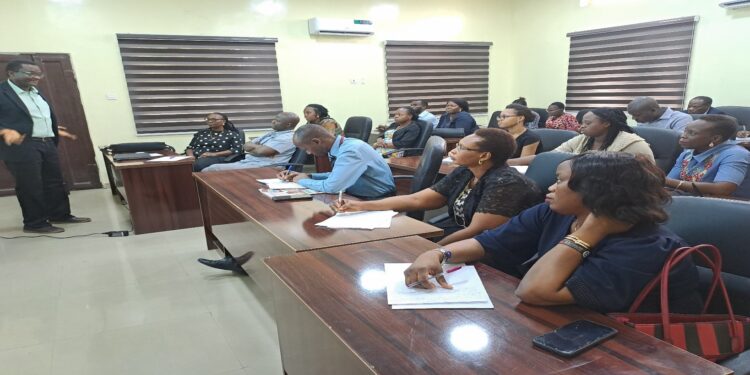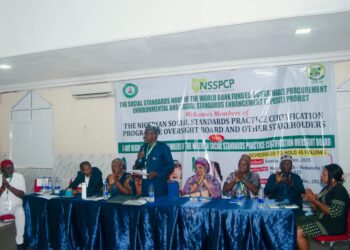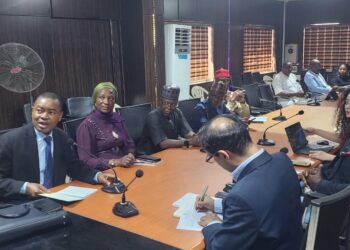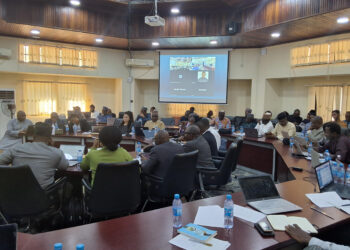The University of Lagos’s Sustainable Procurement, Environmental, and Social Standards (UNILAG-SPESSCE) prides itself as the institution of choice with its evolution into a household name through its training programmes which focus on building the capacities of professionals and practitioners in Sustainable Procurement, Environmental Standards, and Social Standards (PES).
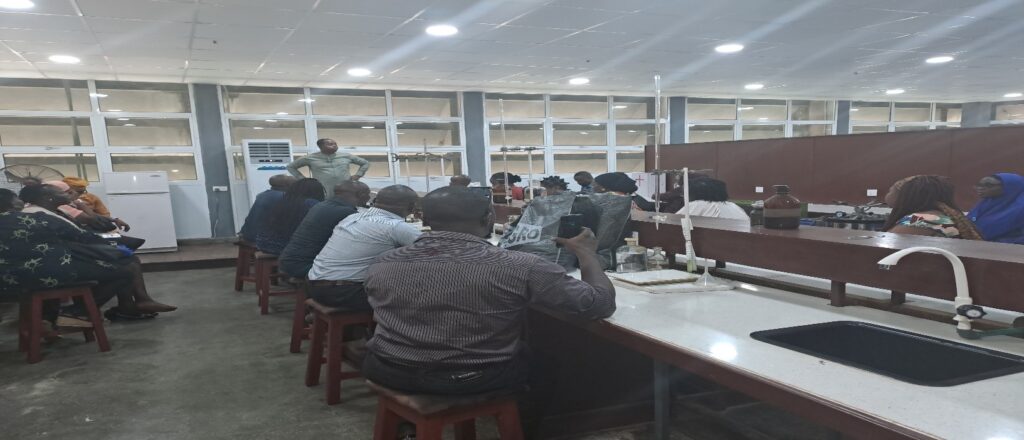
In a recent statement signed by the Centre Leader, Professor James Akanmu, UNILAG-SPESSCE insisted that in the search for academic excellence and the quest to attain national and continental leadership in human capital development, cutting-edge research and policy development and implementation in PES, the University of Lagos SPESSCE was the first choice.
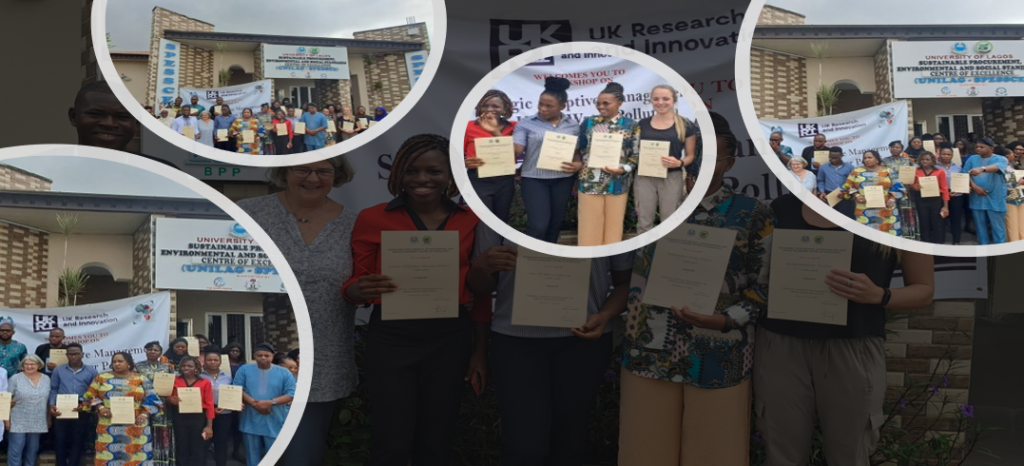
The Sustainable Procurement, Environmental, and Social Standards Enhancement (SPESSE) Project which was launched in 2019 by the World Bank and the Federal Government of Nigeria, has one of its six centres situated in the University of Lagos, one of Nigeria’s foremost academic citadels.
With the University’s mission to deliver qualitative education, UNILAG-SPESSCE, since its commencement, has offered a wide range of stand-alone short courses, advanced certificate courses, undergraduate courses and postgraduate programmes in Procurement, Environmental Standards, and Social Standards.
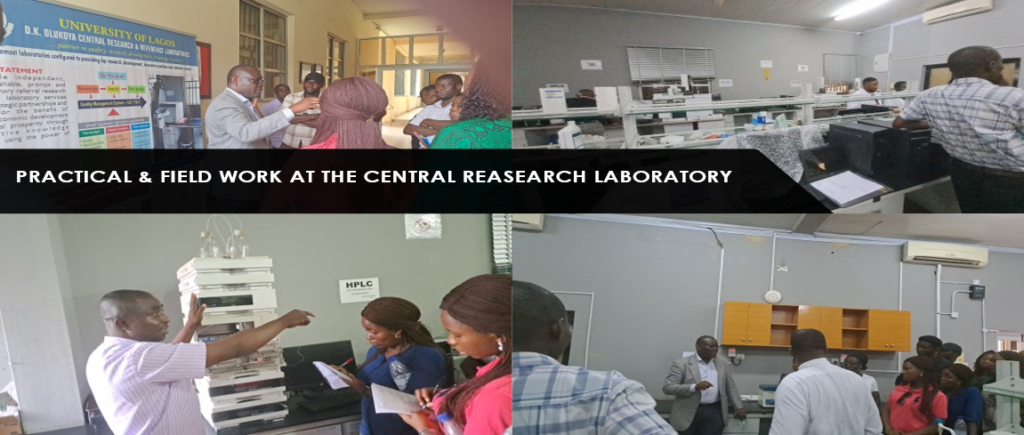
According to Professor Akanmu, “Our excellent programmes are second to none. The beneficiaries of our training programmes are equipped with appropriate intellectual and practical capabilities, as such, we have been able to greatly impact students/participants as part of our vision of cushioning the critical skill gap in critical developmental needs in the practice of Procurement, Environmental Standards and Social Standards.
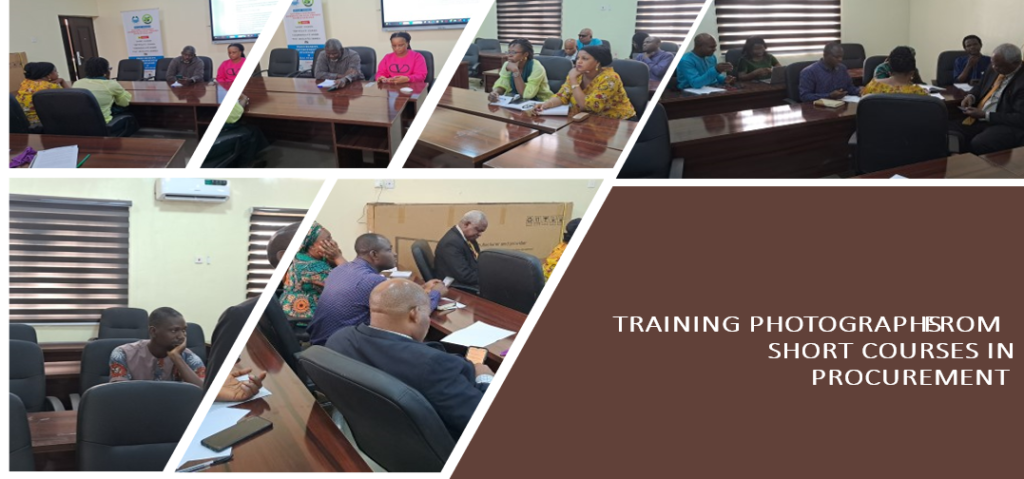
“We take particular pride in our ability to have preserved the mission of the Sustainable Development Goals that seeks to eliminate poverty and create better life conditions for everyone”, he added.
The Centre Leader emphasised that gender equality is a goal, but also a precondition for achieving others. To this end, the Centre of Excellence for Sustainable Procurement, Environmental and Social Standards, recognises that to achieve gender equality, it is critical to have reliable, real-time data that is disaggregated by sex, geographic location, and other locally relevant characteristics to guide development policies and programmes.
